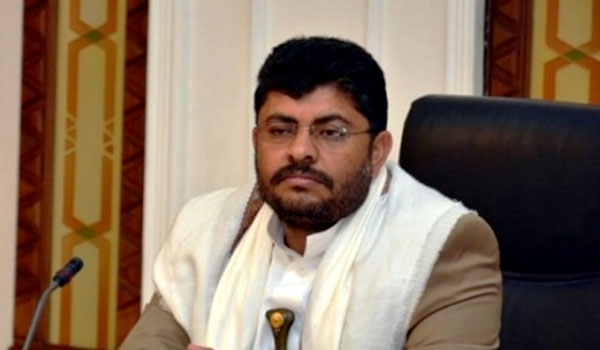Ansarullah Rejects Britain’s Draft UN Resolution on Yemen as Disappointing


“Preliminary information shows that the resolution is disappointing and shows irresponsibility of its sponsors and their lack of understanding of the current situation of Yemeni people who are suffering from siege, violation of human rights and international laws,” al-Houthi wrote on his twitter page on Tuesday.
He added that the proposed draft is in line with the Saudis’ interests and is an attempt to justify their crimes against the Yemeni civilians.
Al-Houthi expressed the hope that the freedom-seeking members of the UNSC would disapprove of this and any other resolution which legitimizes continued aggression against Yemen.
Saudi Arabia and some of its allies, including the United Arab Emirates, Morocco, and Sudan, launched a brutal war against Yemen in March 2015 with the US support in an attempt to reinstall Yemen’s former president Abd Rabbuh Mansur Hadi.
The aggression initially consisted of a bombing campaign but was later coupled with a naval blockade and the deployment of ground forces to Yemen. Around 20,000 people have died since the war began, says Yemen’s Health Ministry.
The Saudi-led war has also taken a heavy toll on the country’s infrastructure, destroying hospitals, schools, and factories. The United Nations (UN) has said that a record 22.2 million Yemenis are in dire need of food, including 8.4 million threatened by severe hunger.
Despite Riyadh’s claims that it is bombing the positions of the Ansarullah fighters, Saudi bombers are flattening residential areas and civilian infrastructures.
According to several reports, the Saudi-led air campaign against Yemen has driven the impoverished country towards humanitarian disaster, as Saudi Arabia’s deadly campaign prevented the patients from travelling abroad for treatment and blocked the entry of medicine into the war-torn country.







